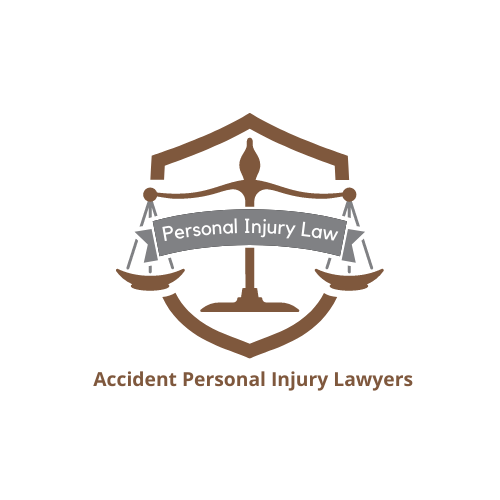Social Media is continuing to explode in usage and is a huge part of our collective hyper-connected daily lives. Facebook, Twitter, YouTube, MySpace and other forms of social media can, however, seriously harm your personal injury or medical malpractice case.
Insurance companies, adjusters, investigators, and defense attorneys will want to uncover as much information as they can about you to help undermine your case in an effort to pay you the least amount of money possible. You have the opportunity to afford them that chance by utilizing social media. In a case where a person has suffered personal injuries, two important considerations are: the verifiability of the accident related injuries; and the credibility of the injured party.
If you are posting online pictures or videos of events, activities or vacations the insurance company might use those to show that you are engaging in various physical activities which would tend to evidence the fact that you are not as injured as you claim to be. Similarly, if you post certain comments about activities or other subjects, those too could be used to challenge your veracity or call into question your truthfulness. Even a seemingly innocent picture that you post, or is posted by your friends, as well as comments involving you, could be used to drastically reduce the value of your injury case.
Imagine, weeks after being injured in a car accident, you reluctantly and in great pain, attend your sibling\’s wedding as a member of the bridal party and a photograph of you is posted on Facebook apparently dancing. You are in excruciating pain but only come on to the dance floor for the ceremonial first dance with the wedding party. The defense attorney finds this photo of you, blows this picture up, and shows it to the jury arguing that you have exaggerated your injuries and are in fact dancing the night away.
So, if you have an injury claim or a medical malpractice case, what should you do regarding social media?
Ideally, you should shut all of your social media accounts down, or suspend your use of all of them;
Assuming you cannot or will not suspend all use of your social media accounts then go private and only share information with people you know and trust. Do not become a friend with anyone you do not know and trust;
Assume everything you post is going to be read or viewed by the insurance company or the defense attorney. Do not talk about your case, refer to it, mention it or post anything that can later be used against you;
Do not post any photos or videos of yourself and request that anybody you know not post photos or videos of you. If you are tagged in any pictures ask that they be taken down or at a minimum, that you be untagged; and
Do not participate in any online discussions about your case including forums, chat rooms, blogs, email, or message boards.
Following the above instructions is not meant to distort or hide the truth from the insurance company but rather to avoid giving them the chance to mischaracterize or take something out of context that could be used against you.
You should be aware that there are cases in several states where judges have order Plaintiffs to turn over usernames and passwords for their Facebook and MySpace accounts to defense counsel. In one such case, the Judge ruled that it would be unrealistic for a person who posted things in such forums to expect them to be confidential.
So before you go out and post photos or videos of yourself or blog or tweet about your injury case, remember that the insurance company may very well be watching you, looking to downplay your injuries and damage your integrity and credibility.
